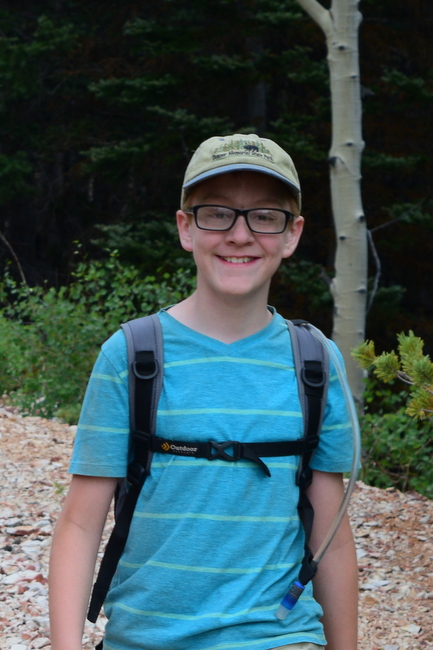Austin, TX, 2001
A Kiss for Each Page
I had three major abdominal surgeries, one year apart, beginning in 1999. We learned during my first hospital stays that I did so much better when Richard was in the room with me. So, in 2001, he spent extra time with me before and after the surgery, spending long hours through the days in a dimly lit, lavender-papered room. He was needed at work, the kids needed him at home, and I needed him at the hospital. He balanced these demands without complaint.
His calming influence was so helpful. I felt less pain when I was with him. I didn’t feel anxious, which is what happens to me when I take pain medications and I am separated from the kids. My mom stayed with our kids so Richard could be with me during the days.
One day he sat down on the bed and read Tuesdays with Morrie aloud to me. Although this was a book about dying, it was a good choice because it also reminded us to celebrate life. He read for a long time, eventually resting against the pillow with me, bringing his legs up on the bed. At each page turn, he kissed me on the cheek. I felt so much love and fulfillment through his kindness to me that day. I felt loved, absolutely. As a mother, I have struggled to make room in my life to receive. One lesson from my illness was how important it is to allow myself to be loved.
When we were married, there was no thought of potential illnesses and hospital stays. These experiences showed me how much I need Richard on an emotional level. He has always been a good provider, but it’s not just in temporal things. He is also a provider of peace.

